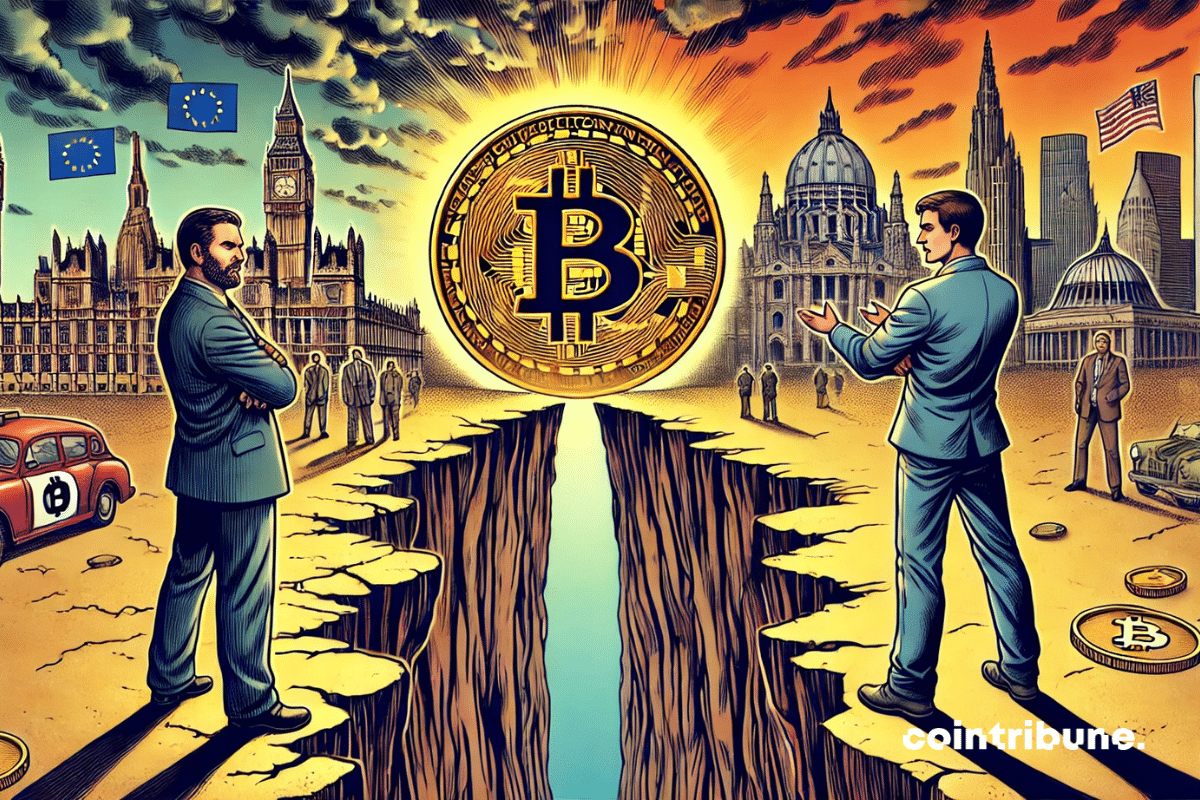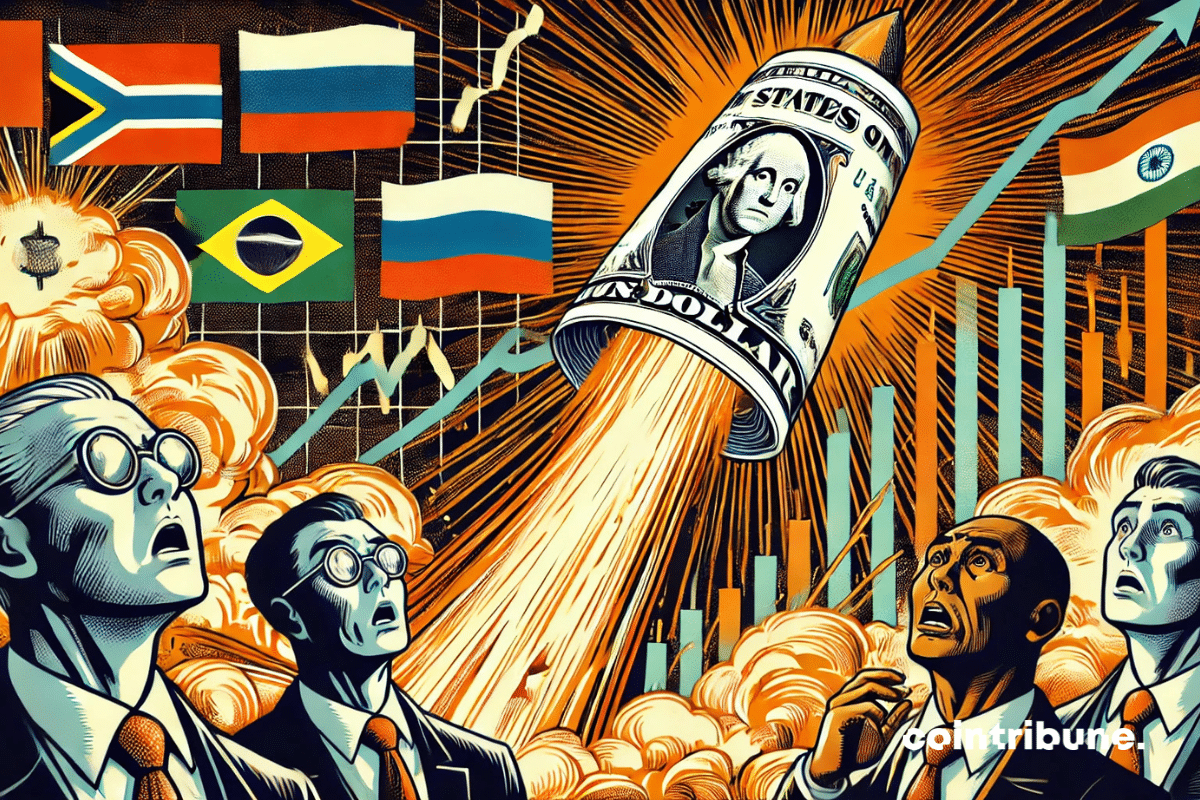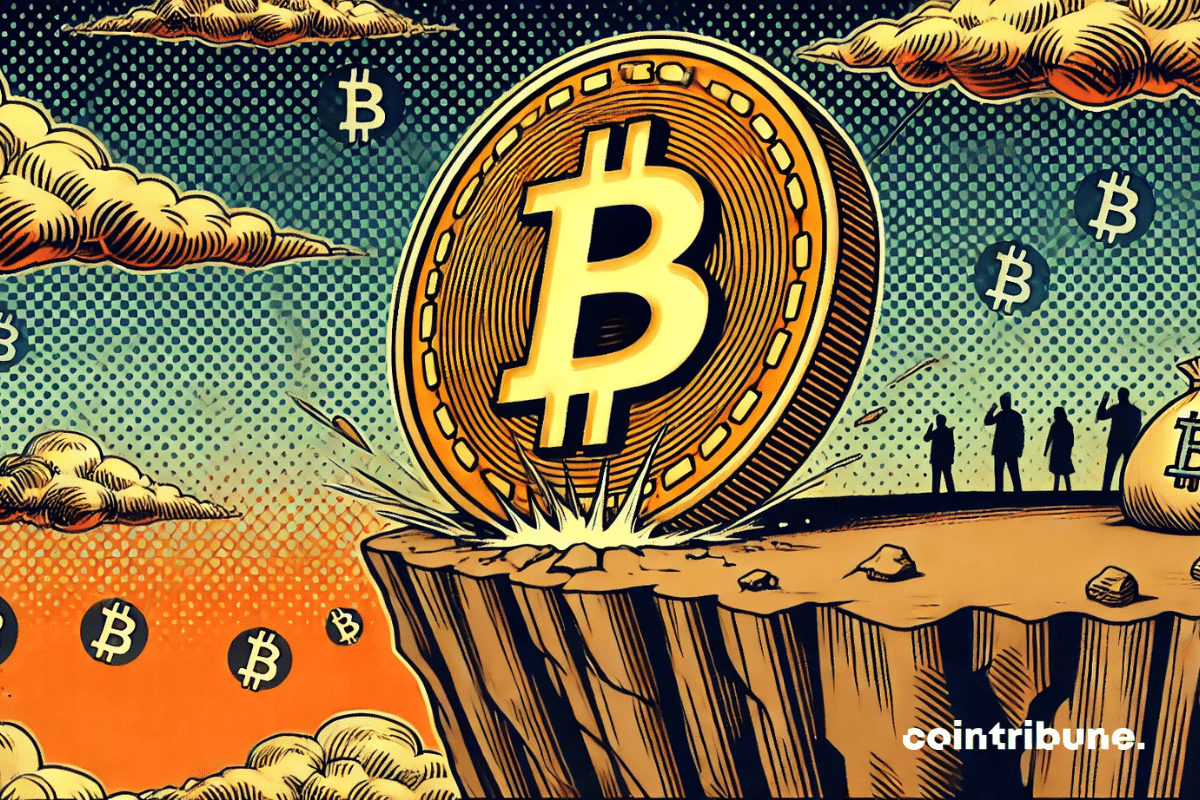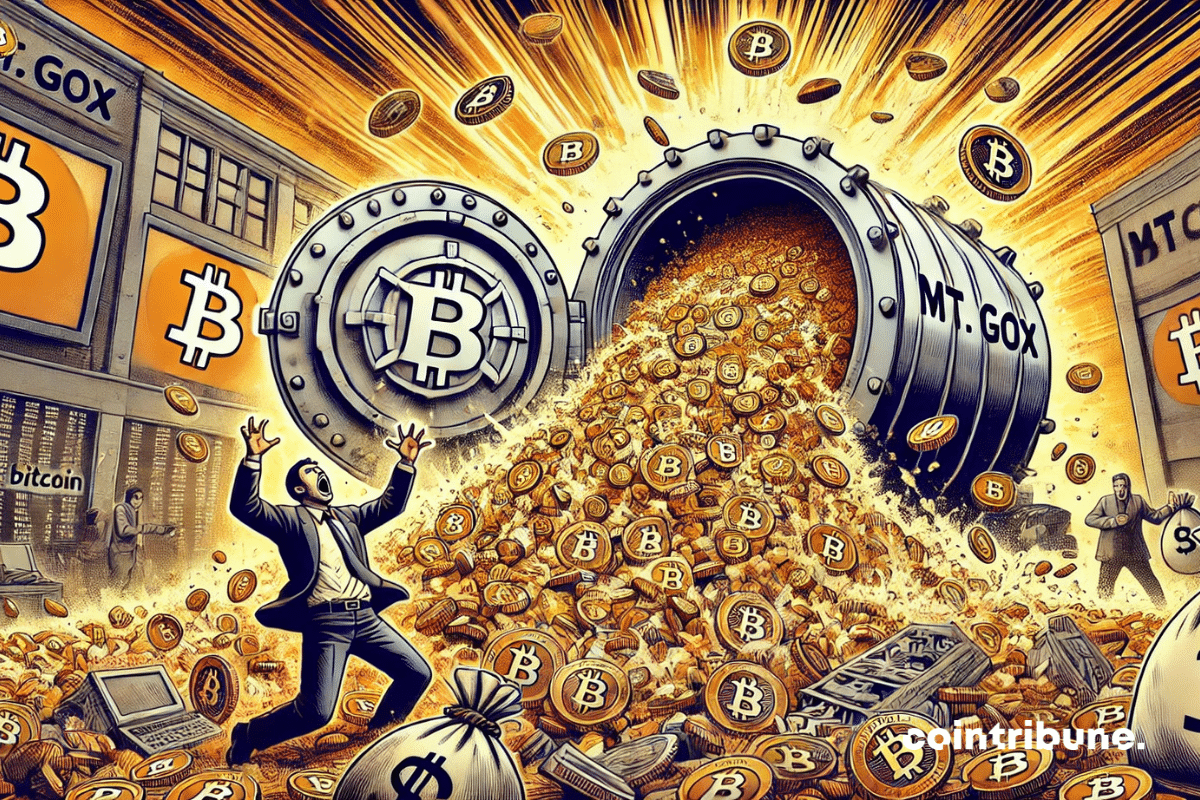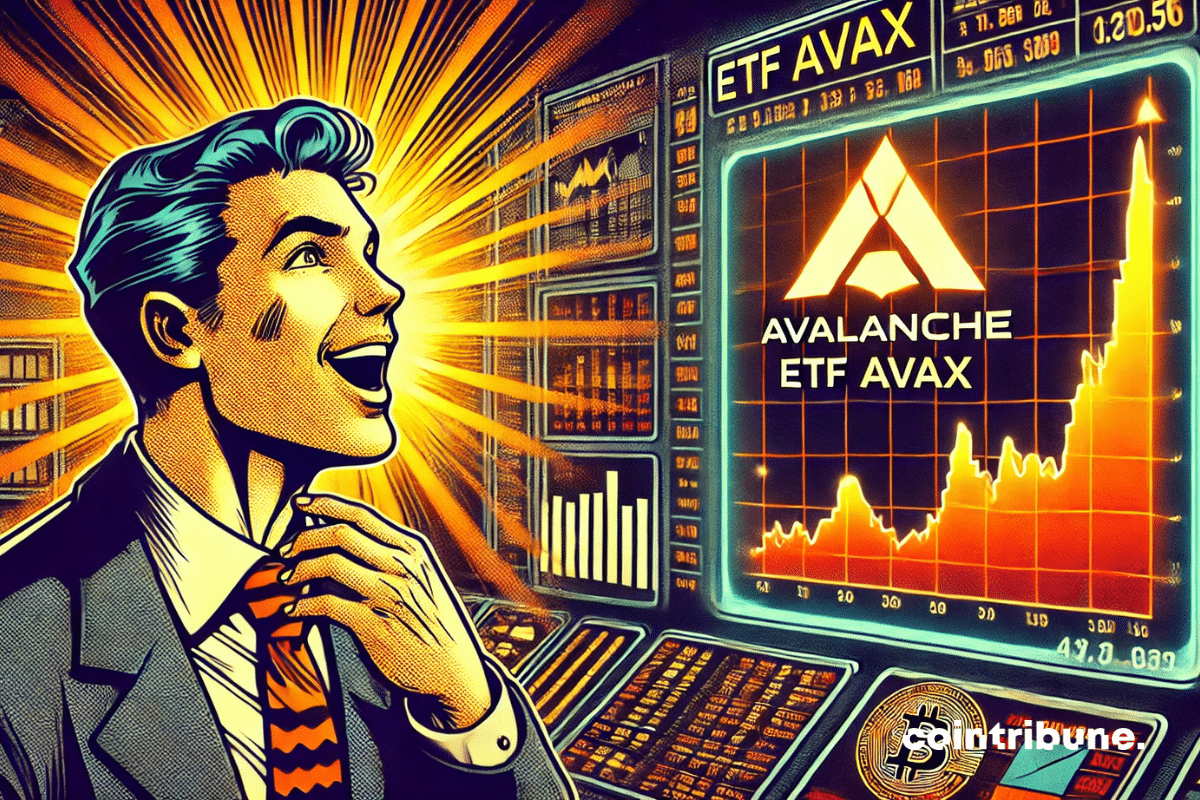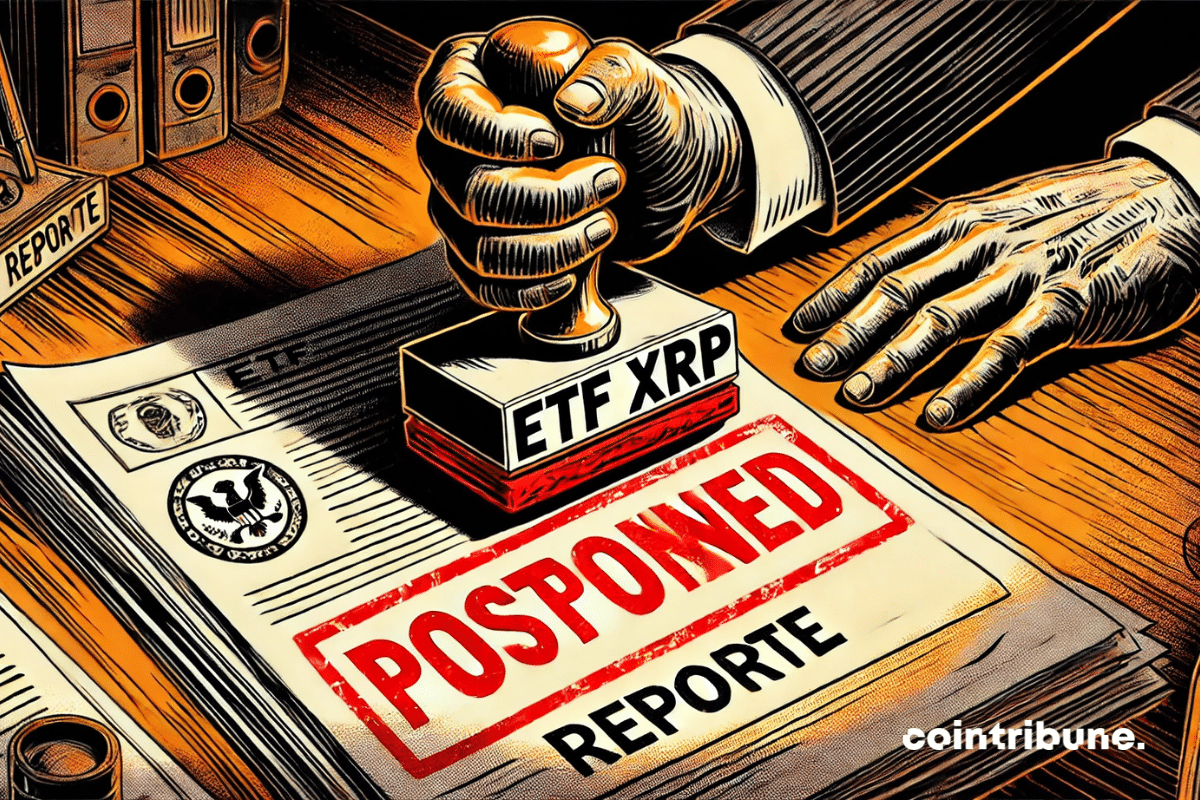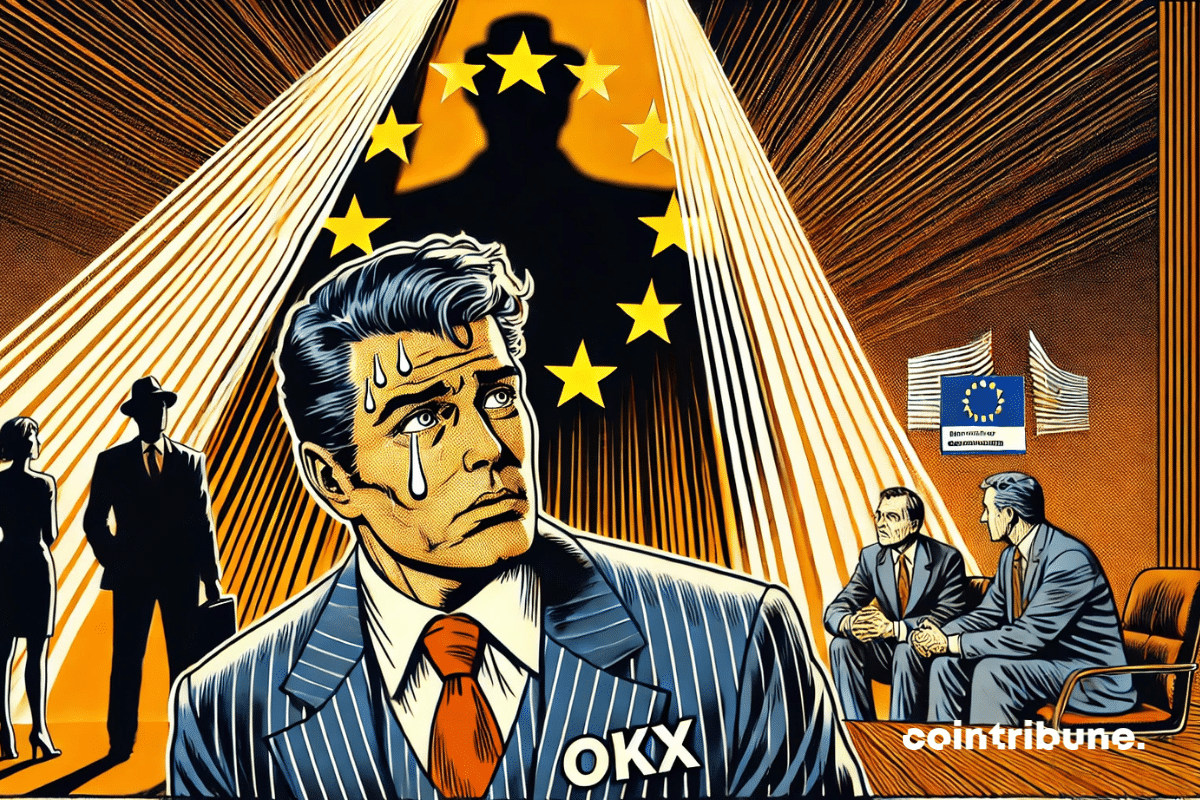As the United States embraces bitcoin, Europe bogs down by continuing to promote the dystopia of the digital euro.
Archive 2025
The global economic order is trembling under the impact of protectionist decisions from the United States. While the BRICS aim to reduce their dependence on the dollar, a major upheaval could be on the horizon. The resurgence of American tariffs could fuel a rise in the greenback, threatening to weaken emerging economies and hinder their efforts for dollarization. This potential rise of the dollar, far from being trivial, could mark a turning point for global monetary balance.
OpenAI has just announced the launch of new tools for developers, making it easier to create advanced AI agents. This initiative comes as Chinese startups, such as Monica and DeepSeek, are offering high-performing alternatives, often at a lower cost.
Bitcoin has plunged to $76,700, marking its lowest level in four months amid global economic turmoil. Indeed, the 30% drop from its all-time high of $109,350 has reignited discussions about a possible trend reversal, as some observers question the sustainability of the bullish cycle. However, several indicators suggest that this correction could represent a strategic entry point for investors. On one hand, financial markets remain under pressure with persistent economic uncertainties, while on the other hand, the BTC derivatives market shows unexpected strength. So, has Bitcoin reached its ultimate floor before a rebound?
A bitcoin at $70K? Nothing to faint over! The market dances, retracts, but doesn't stumble. Those who wait will see the next act of the show.
As Bitcoin hovers around $81,000, a massive transfer of nearly 12,000 BTC by the former defunct giant reignites speculation. Between the psychology of the players and invisible market mechanisms, a breakdown of a tremor that recalls the fragility of an ecosystem still marked by its ghosts. Did Mt. Gox just…
Global investment firm VanEck has just registered an Avalanche exchange-traded fund (ETF) in the state of Delaware, becoming one of the first issuers to pave the way for a spot AVAX ETF. This initiative comes paradoxically amid a significant decline in the AVAX token, which has lost more than half of its value since January 2025.
The crypto industry is holding its breath in the face of still hesitant regulation. While enthusiasm for crypto ETFs grows, the U.S. Securities and Exchange Commission (SEC) has just postponed its decision on an important request: the conversion of the Grayscale XRP Trust into an ETF. This delay, announced on Tuesday, highlights the increased regulatory challenges surrounding these assets, even as crypto-related financial products gain legitimacy among institutional investors. Amid regulatory uncertainties and the expansion strategies of major asset managers, the wait continues for supporters of an XRP ETF.
Accused, scrutinized, tracked, OKX denies it outright. Bybit cries wolf, regulators hesitate. Crypto trembles under the shadow of tightening regulation.
As cryptocurrencies reshape the boundaries of finance, the United States takes a historic step. The Bitcoin Act of 2025, submitted to the House of Representatives, proposes to create a strategic reserve of one million BTC over two decades. A bold maneuver, blending financial innovation and geopolitical vision. Far from being a simple accumulation of digital assets, this project embodies a strategic realignment in the face of digital gold. Explanations.
